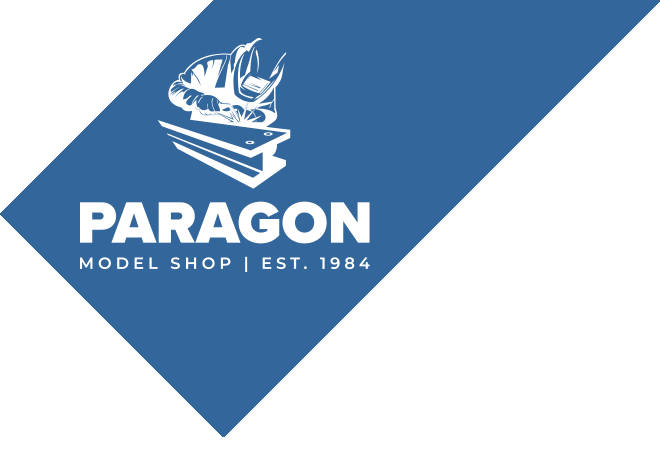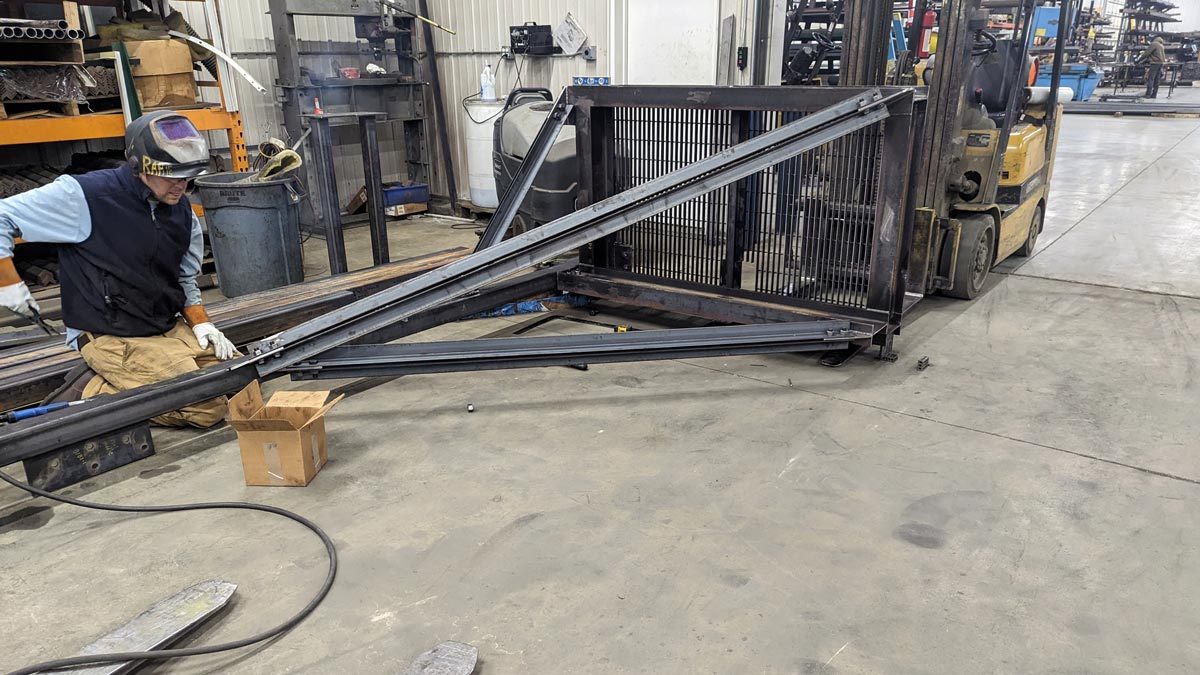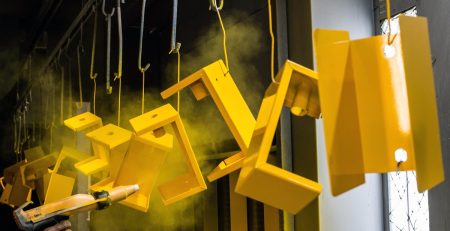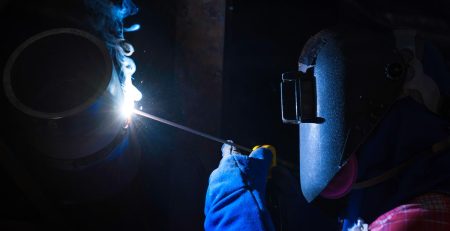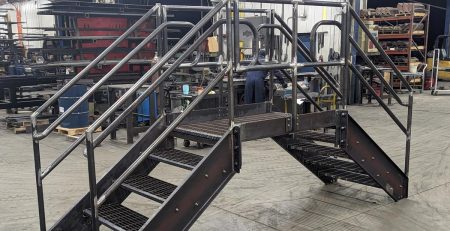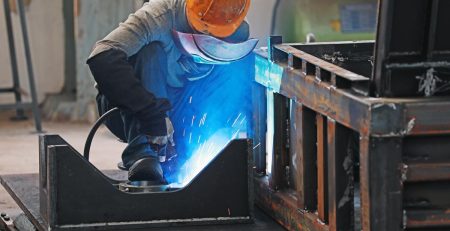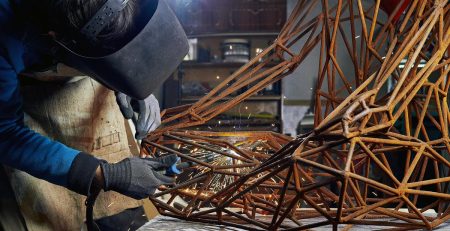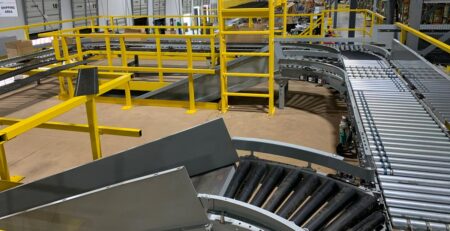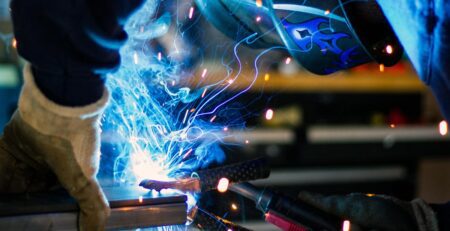How to Choose a Metal Fabricator for Your Industry
Metal fabrication plays a pivotal role in numerous industries, from aerospace to construction, automotive to manufacturing. Whether you’re looking to create custom components, prototypes, or intricate structural elements, choosing the right metal fabricator is crucial to the success of your project. Selecting the wrong partner can lead to delays, increased costs, and subpar results. To help you navigate this important decision, we’ll guide you through the key considerations in choosing a metal fabricator that aligns with your industry needs.
1. Define Your Project Requirements
Before you begin your search for a metal fabricator, it’s essential to have a clear understanding of your project’s specific requirements. Determine the following:
- The type of metal materials you need (e.g., steel, aluminum, stainless steel).
- The project’s size and complexity.
- Tolerances and precision requirements.
- Budget constraints and timelines.
- Any industry-specific standards or certifications needed (e.g., ISO, ASME, AWS).
Having a well-defined project scope will help you communicate your needs effectively to potential fabricators and ensure that they can meet your expectations.
2. Research and Shortlist Potential Fabricators
Start by researching metal fabricators in your area or those who specialize in your industry. You can do this by:
- Asking for recommendations from industry peers.
- Searching online directories and websites.
- Attending trade shows or exhibitions to meet potential fabricators in person.
- Checking with industry associations or organizations that may have directories or lists of reputable fabricators.
Create a shortlist of potential fabricators based on their experience, capabilities, and reputation.
3. Assess Experience and Expertise
When evaluating potential fabricators, consider their experience and expertise in your specific industry and project type. Look for the following:
- A track record of successfully completing projects similar to yours.
- Technological capabilities, including CNC machining, welding, laser cutting, and more.
- Access to the latest equipment and technology.
- An understanding of industry-specific regulations and standards.
An experienced fabricator with industry-specific knowledge is more likely to deliver quality results and navigate potential challenges effectively.
4. Verify Certifications and Quality Standards
Quality is paramount in metal fabrication, especially in industries where precision and safety are critical. Verify that the fabricator holds relevant certifications and adheres to industry-specific quality standards. Some common certifications and standards to look for include:
- ISO 9001: This standard focuses on quality management systems.
- ASME (American Society of Mechanical Engineers): Often required for industries like pressure vessel manufacturing.
- AWS (American Welding Society): Important for industries that involve welding.
- NADCAP (National Aerospace and Defense Contractors Accreditation Program): Essential for aerospace and defense applications.
Ask for copies of certifications and inquire about their quality control processes to ensure they meet your project’s requirements.
5. Review Past Projects and References
Ask potential fabricators for a portfolio of past projects that are similar in scope to your own. This allows you to assess the quality of their work, attention to detail, and ability to meet deadlines. Additionally, request references from past clients and speak with them about their experiences working with the fabricator. This firsthand feedback can be invaluable in your decision-making process.
6. Evaluate Equipment and Technology
Modern metal fabrication relies heavily on advanced equipment and technology. Inquire about the fabricator’s machinery and capabilities, including:
- CNC machines for precision cutting and machining.
- Welding equipment and techniques.
- Metal forming and bending capabilities.
- Computer-aided design (CAD) and computer-aided manufacturing (CAM) software.
A well-equipped fabricator with up-to-date technology is more likely to offer efficient and high-quality results.
7. Consider Location and Logistics
The fabricator’s location can impact logistics and lead times. Choose a fabricator that is conveniently located to reduce transportation costs and delivery times. If your project requires frequent site visits or inspections, proximity becomes even more crucial.
8. Discuss Capacity and Lead Times
Understanding the fabricator’s capacity and lead times is vital for project planning. Discuss your project timeline and expected completion dates with potential fabricators. Ensure they can accommodate your schedule and have the necessary capacity to handle your project without delays.
While cost is a significant factor in choosing a metal fabricator, it should not be the sole determinant. Request detailed quotes from your shortlisted fabricators, including a breakdown of costs for materials, labor, equipment, and any additional services.
9. Communication and Collaboration
Effective communication and collaboration are essential for a successful metal fabrication project. Consider the following:
- Is the fabricator responsive to your inquiries and concerns?
- Do they offer regular project updates and progress reports?
- Can they adapt to changes or unexpected challenges during the project?
Choosing a fabricator that values clear and open communication can make the entire process smoother.
10. Pricing and Cost Transparency
While cost is a significant factor in choosing a metal fabricator, it should not be the sole determinant. Request detailed quotes from your shortlisted fabricators, including a breakdown of costs for materials, labor, equipment, and any additional services. Beware of quotes that seem too good to be true, as they may lack transparency or hidden costs.
11. Consider Sustainability and Environmental Practices
In today’s world, sustainability and environmentally responsible practices are increasingly important. Inquire about the fabricator’s commitment to sustainability, waste reduction, and responsible sourcing of materials. Choosing an eco-friendly fabricator can align your project with sustainability goals and enhance your reputation in the industry.
12. Assess Customer Support and After-Sales Service
A fabricator’s commitment to customer support and after-sales service is often overlooked but can be crucial. Ask about their warranty policies and how they handle issues or defects that may arise after project completion. A fabricator that stands behind their work and offers excellent customer support is a valuable partner.
13. Request Multiple Quotes and Compare
Once you’ve gathered information from potential fabricators, request multiple quotes to compare their offerings. Be sure to consider all the factors mentioned above, including experience, certifications, equipment, communication, and pricing. Making an informed decision based on a comprehensive evaluation will lead to a successful partnership.
14. Visit the Facility (if possible)
If feasible, consider visiting the fabricator’s facility in person. This provides an opportunity to assess their operations, equipment, and overall working environment. It also allows you to meet their team and discuss your project face-to-face, fostering a more personal connection.
15. Trust Your Instincts
Lastly, trust your instincts. A strong partnership with a metal fabricator relies not only on technical capabilities but also on trust, reliability, and a shared vision for the project. If you have reservations or doubts about a particular fabricator, it’s worth considering alternative options.
Metal Fabrication in Grand Rapids
Choosing a metal fabricator for your industry needs is a critical decision that can impact the success of your project. By defining your requirements, conducting thorough research, and carefully evaluating potential fabricators, you can make an informed choice that leads to a successful partnership and outstanding results.
Remember that the right fabricator is not just a service provider but a strategic partner who can help you achieve your project goals efficiently and cost-effectively. Take your time, ask the right questions, and prioritize quality and expertise in your selection process.
Contact Paragon Model Shop at (616) 868-7389.
